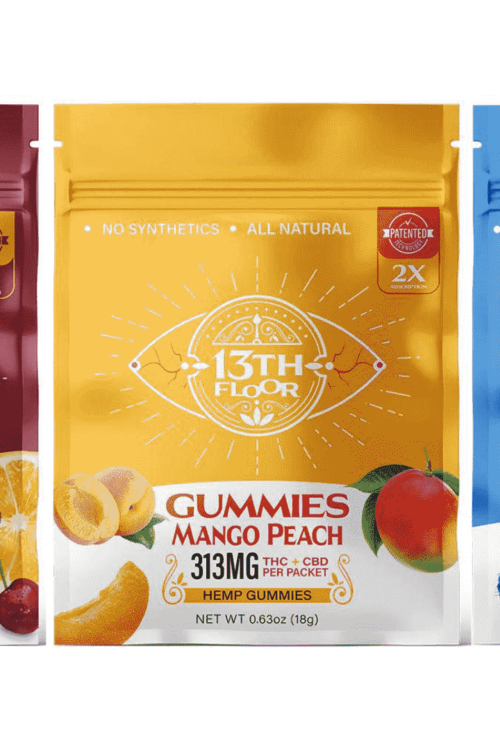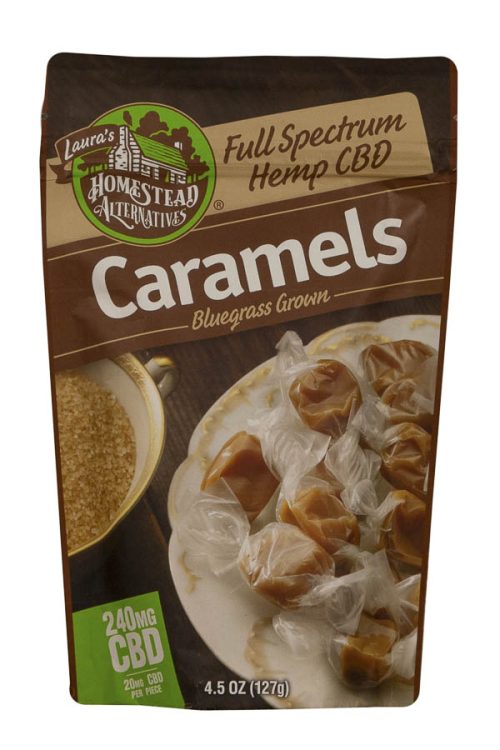Navigating the Legal Landscape: Understanding the Legality of CBD Edibles
CBD (cannabidiol) has gained immense popularity for its potential health benefits, and CBD edibles have emerged as a convenient and tasty way to incorporate this cannabinoid into daily routines. However, as with any cannabis-derived product, understanding the legal status of CBD edibles is crucial. In this blog post, we’ll explore the legality of CBD edibles, shedding light on regulations, restrictions, and considerations for consumers.
Federal vs. State Regulations
At the federal level, the 2018 Farm Bill legalized the cultivation, production, and sale of hemp-derived CBD products, including edibles, as long as they meet certain criteria, such as containing less than 0.3% THC. This legislation opened the door for the widespread availability of CBD edibles across the country.
However, individual states have the authority to enact their own laws and regulations regarding CBD, which can vary significantly from one state to another. Some states have embraced the legalization of hemp-derived CBD products, allowing the sale and consumption of CBD edibles without restrictions. In contrast, others have implemented stricter regulations or outright bans on CBD edibles, particularly those containing THC.
Key Considerations for Consumers
When purchasing CBD edibles, consumers should consider several factors to ensure compliance with local laws and regulations:
- THC Content: Verify the THC content of CBD edibles to ensure compliance with legal limits. Products containing more than 0.3% THC may be considered illegal under federal law and could result in legal consequences.
- Source of CBD: Choose CBD edibles derived from hemp rather than marijuana to comply with federal regulations. Hemp-derived CBD is legal under the 2018 Farm Bill and is widely available for purchase.
- State Laws: Familiarize yourself with the laws and regulations regarding CBD in your state to ensure compliance with local requirements. Some states may have additional restrictions or licensing requirements for the sale and distribution of CBD edibles.
- Quality and Safety: Purchase CBD edibles from reputable manufacturers who adhere to quality standards and third-party testing protocols. This ensures that the products are free from contaminants and accurately labeled regarding CBD and THC content.
CBD edibles offer a convenient and enjoyable way to experience the potential benefits of CBD, but navigating the legal landscape is essential for consumers. By understanding federal and state regulations, verifying THC content, and purchasing from reputable sources, consumers can enjoy CBD edibles responsibly and legally. As the legal status of CBD continues to evolve, staying informed and proactive is key to ensuring compliance and safe consumption.




